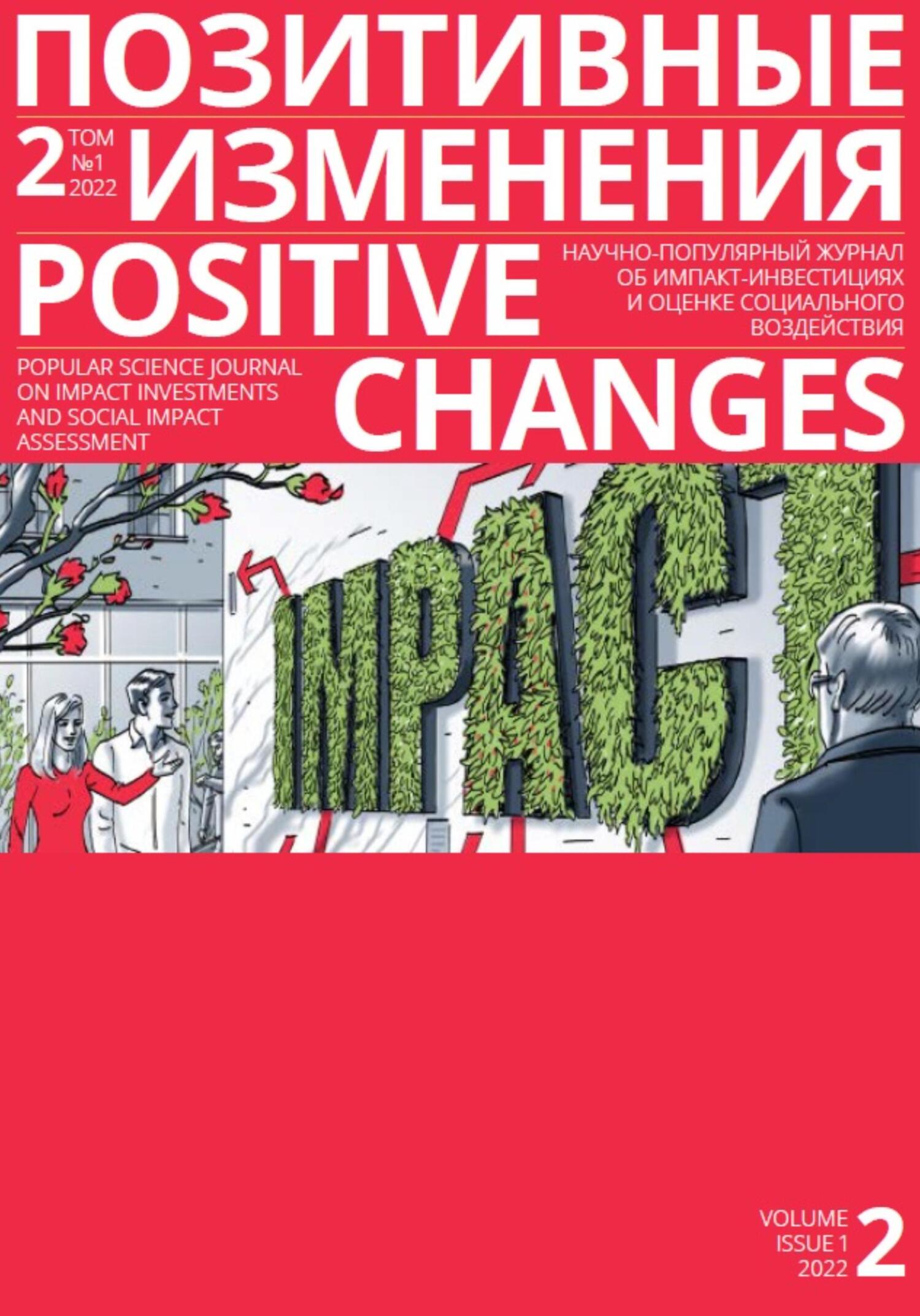care practices within the NGO sector.
• Some NGOs have initiated peer support programs, which, though beneficial in crisis response, require time to be established effectively.
• Less than one-third of organizations surveyed conduct evaluation of their staff care practices. None of the organizations have undertaken research (with reports published) in this particular field.
The referenced study took place during the global financial crisis of 2008–2009. We believe that at that time, personnel care in international NGOs was potentially at risk of further cutbacks. It is highly probable that such reductions occurred, not only within those types of NGOs. At least, corporate well-being in NGOs has not seen an increase in popularity among scholars. Specifically, no more recent evaluations or research concerning personnel care practices in the ‘third sector’ have been found in published reports.
CAN THE FULL-SCALE IMPLEMENTATION OF EVALUATION IN NGO OPERATIONS INFLUENCE EMPLOYEE WELL-BEING? HYPOTHESES FOR DISCUSSION
Let us begin by defining what we consider comprehensive implementation of evaluation in NGO activities. We will briefly describe the ideal scenario, as presented at the 9th ASOPP Conference in 2023: [47]
• Evaluation should be an integral aspect of an NGO’s functioning. Evaluation policies and procedures are established and adopted, a strategy for conducting evaluation is set, responsibilities are designated, and staff are trained; monitoring and evaluation form an essential part of the organization’s every project.
• The organization’s employees possess all necessary competencies for conducting and/or organizing the evaluation, with regular training provided to employees.
• The resources needed for the evaluation are allocated and consistently utilized within the organization.
• Employees are motivated to carry out evaluation, participate in them, and utilize the outcomes.
• Evaluation outcomes are discussed and employed in making managerial decisions aimed at enhancing programs and projects.
To examine the potential influence of evaluation on the well-being of NGO staff, we will utilize the model [48] developed by Indeed, the operator of the world’s most popular job search site (over 350 million unique visitors per month). Through the specialized Work Wellbeing Score index, job seekers can ascertain the level of corporate well-being (high, medium, low) among potential employers.
The model comprises four primary attributes: happiness, stress, satisfaction, and purpose clarity, as well as 12 drivers of corporate well-being:
1. Achievements: “I attain most of my objectives at work.”
2. Acceptance: “At work, there are people who value me as an individual.”
3. Belonging: “I feel a sense of belonging to my company.”
4. Energy: “When doing most tasks at work, I feel a surge of energy.”
5. Fair Pay: “I receive fair compensation for my work.”
6. Flexibility: “My job provides ample flexibility in terms of time and location.”
7. Inclusivity: “There’s an atmosphere of inclusiveness and respect for all individuals in my work setting.”
8. Social Significance: “My work contributes to addressing a socially significant issue.”
9. Training: “I am continually learning new things at work.”
10. Supervisor Support: “My supervisor aids in my professional success.”
11. Peer Support: “There are colleagues at work who offer support and motivation.”
12. Trust: “I trust my colleagues within the company.”
In our view, this list is comprehensive, encompassing nearly all facets of corporate well-being discussed across various publications. Furthermore, phrasing these as first-person statements effectively clarifies the meaning of each driver.
Table 2 describes the possible effects and the extent of the impact that evaluation could have on each driver. It must be noted that the assumptions and evaluations in the table are subjective, based on practical experience rather than on systematic research findings. As such, they should be considered as hypotheses, providing food for thought and discussion.
Table 2. The Influence of Evaluation on Corporate Well-Being Drivers
CONCLUSIONS
• Corporate well-being (the well-being of organization’s staff) is a significant factor influencing organization’s effectiveness. This holds true for both the business sector and for NGOs.
• Corporate well-being models are applicable to both businesses and NGOs.
• The corporate well-being of NGOs possesses unique characteristics that are currently understudied.
• Our experience indicates that comprehensive integration of evaluation within NGO operations can positively influence employee well-being. This influence is most likely to manifest in the following aspects of well-being: achievements (“I attain most of my objectives at work”), social relevance (“My work contributes to addressing a socially significant issue”), and learning (“I am continually learning new things at work”).
REFERENCES:
1. Aryanti, R., Diah Sari, E. & Widiana, H. (2020). A Literature Review of Workplace Well-being. https://doi.org/10.2991/ assehr.k.201017.134
2. De Neve, J.-E., Kaats, M. & Ward, G. (2023). Workplace Wellbeing and Firm Performance. University of Oxford Wellbeing Research Centre. https://doi.org/10.5287/ora-bpkbjayvk
3. Jeffrey, K., Mahony, S., Juliet, M. & Abdallah, S. (2014). Well-being at work: A review of the literature. New Economics Foundation. Retrieved from: https://neweconomics.org/uploads/files/71c1bb59a2ce151df7_8am6bqr2q.pdf. (accessed: 14.02.2024).
4. Leščevica, M., & Gusta, Z. (2022). Well-being at work: A literature review on the complex framework. https://doi. org/10.3846/bm.2022.843
5. Mercer Marsh Benefits. (2019). 2019 survey results. WELL BEING. Russia. Retrieved from: https://www.marsh.com/content/dam/marsh/Documents/PDF/ru/ru/2019%20 WB%20survey%20short%20version.pdf. (accessed: 14.02.2024).
6. Navajas-Romero, V., López del Río, L. C. & Ceular-Villamandos, N. (2020). Analysis of Wellbeing in Nongovernmental Organizations’ Workplace in a Developed Area Context. International Journal of Environmental Research and Public Health, 17(16), 5818. https://doi.org/10.3390/ijerph17165818
7. Porter, B. & Emmens, B. (2009). Approaches to Staff Care in International NGOs. Retrieved from: https://gisf.ngo/wp-content/uploads/2020/02/2072-InterHealth-People-in-Aid-Approaches-to-staff-care-in-international-ngos.pdf. (accessed: 14.02.2024).
8. Shah, A. (2019).





